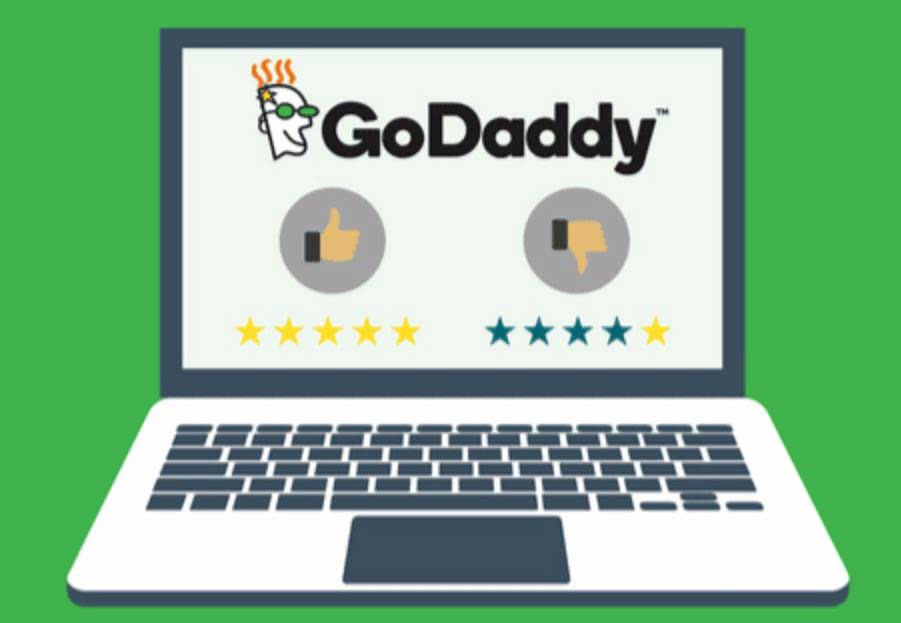
While some large companies have recently made news by making their employees return to the office, another trend is making bigger gains across the employment landscape. Some studies that have been carried out have found that 7 in 10 accountancy firms have been busier during COVID-19. In the same studies, the challenges that were being faced by accountancy firms included an increased workload, higher stress and more meetings. COVID-19 has led to an extremely difficult year for everyone across the globe. Just as it’s important not to lessen hardships faced, it’s also important to recognize how we have evolved for the better. The accounting industry can use lessons from the past year to continue to flourish this next year and well beyond.
- Outsourcing of audit, management accounting, tax, and corporate finance roles or departments are not typically outsourced.
- Do it – they’ll love that you understand them, and can offer them the advice and services THEY need.
- During the pandemic, communication within the audit team and from auditors to clients was much more transactional (i.e., get on the call, ask the question, get off the call) and lacked the relational aspect.
- Accounting firms in the U.S. have had a profitable last 12 months, due to adding new clients, technology, and service offerings, according to a new report from Xero.
- For the most part, new services related to stimulus activities will be some form of consulting service.
- Examples listed by survey respondents included embracing technology, providing more flexibility of work schedules, working remotely in different regions, and accepting clients from other areas.
Is it time to rethink your firm’s physical footprint?
In this article, we will explore the impact of COVID-19 on accounting practices, discuss the adaptations made by accounting professionals, and highlight the lessons learned from this unprecedented crisis. To understand the temporary and long-term changes to the accounting profession that resulted from the crisis, the authors reached out to CPAs working in public accounting and industry, and asked them about their experiences. We focused on understanding how the pandemic and its economic consequences have changed our profession, both in the short term and the long term. We received responses from owners of local public accounting firms, managers working in accounting departments of large corporations, and senior-level employees of large national and international CPA firms—including the Big Four. The pandemic is likely to have long-term implications on accounting practices. The accelerated adoption of technology and automation is expected to continue, leading to more streamlined and efficient accounting processes.
How Has Covid Changed the Accounting Profession and Its Future
- A tool that was available prior to the pandemic, however, has now become a lot more prevalent.
- This article should not be viewed as a substitute for recommendations of a retained professional.
- It is also a critical moment for the profession to nurture existing talent and attract new talent.
- Businesses and individuals that are struggling financially are seeking ways they could do it better.
- For each survey response received, SmartVault donated $5 to support COVID-19 relief efforts.
Sole practitioners are the least likely to have taken on more work, with 82% stating that their workload has stayed the same or increased (compared to 96% of firms with staff). The overwhelming majority of accounting firms have risen to the coronavirus challenge. The authors believe the best way to help mitigate the accounting crisis would be to eliminate the 150-hour requirement.

Business
This is our defining moment, to move our industry from being essential to indispensable. Those that thrived during the pandemic were ones ahead of these technology trends, and those that thrive after will be the ones that continue to stay on top of innovations, how has covid affected the accounting profession and use technology as an impetus for change and transformation.. Expert guide to accounting reserve account management & fund allocation strategies for businesses, optimizing financial efficiency & growth.


With a shift towards remote work, accountants rely more on technology to perform their tasks. This has accelerated the adoption of cloud-based accounting software and tools, allowing for real-time financial https://www.bookstime.com/articles/accounts-receivable-automation data management and virtual client collaboration. With access to accurate and up-to-date financial information, accountants can provide timely insights and advisory services, improving overall efficiency and client satisfaction. Embracing technology has become crucial to modern accounting practices, empowering accountants to work seamlessly in remote setups. The accounting profession has witnessed many dramatic intellectual and professional changes, which have increased in frequency with the financial crises that afflicted the economies of many countries. The study depends on the analytical description and in-depth analysis of many studies related to this field.

Not-for-profit audits in a remote world, plus IRS news
- Unfortunately, there have also been layoffs or significant pay cuts—especially at larger firms.
- Some responses from the corporate world also indicated that business declined first, but did rebound quickly.
- On big4accountingfirms.org, you can learn more about online accounting schools.
- Millions of Americans are under shelter-in-place orders resulting in the need for owners and employees of CPA firms, and their clients, to work from home.
- Since Intuit launched Quicken, its first product, 36 years ago, the end of accounting as a profession has been inevitable.
If this is not coordinated properly, the client may blame the CPA for any late-filing penalties. Refer to the AICPA’s Federal Due Dates Chart Updated for COVID-19 Relief (available at aicpa.org; member login required) for the most up-to-date information regarding federal returns. In addition, the AICPA has created a State Due Dates Chart Updated for COVID-19 Relief that summarizes income summary state filing deadlines (available at aicpa.org; member login required). For example, it may no longer be considered “safe” to perform physical inventories, and fraud inquiries may need to be performed virtually. If both the client and engagement team are working remotely, how will evidence be gathered and tested? Assess engagement plans to determine if modifications are required in order to comply with professional standards.